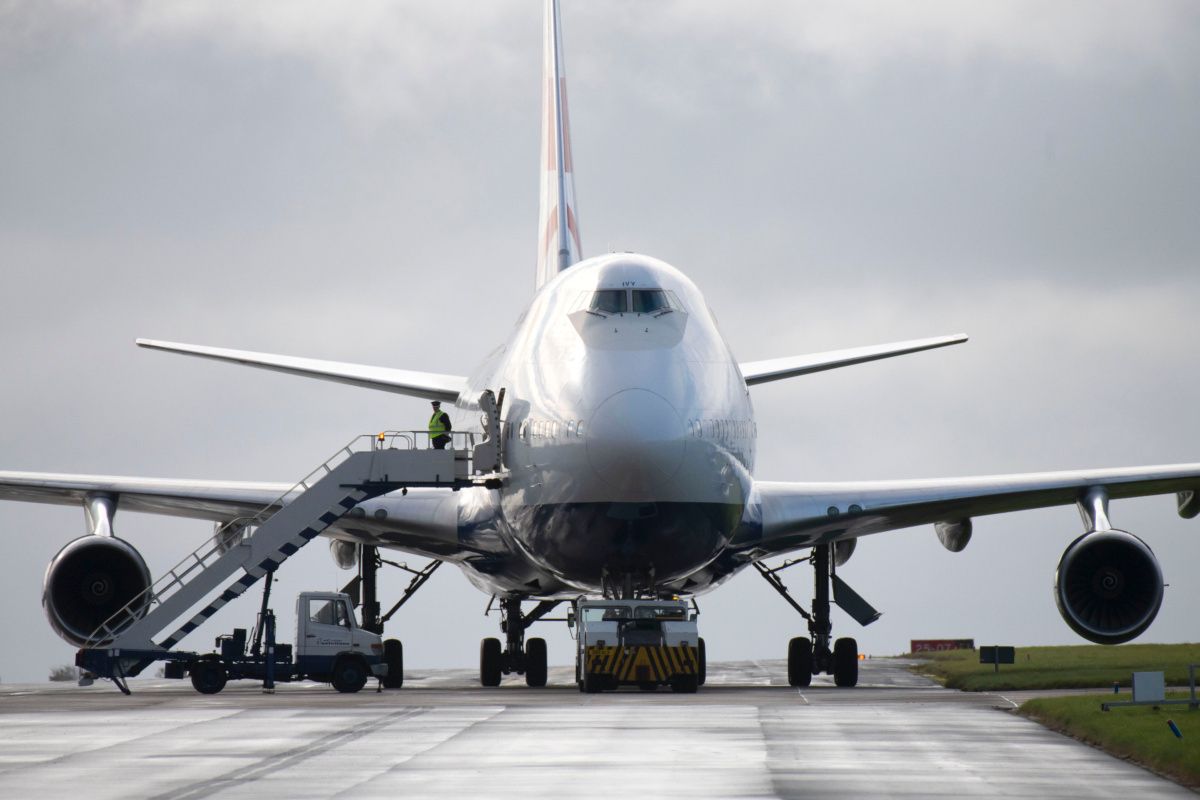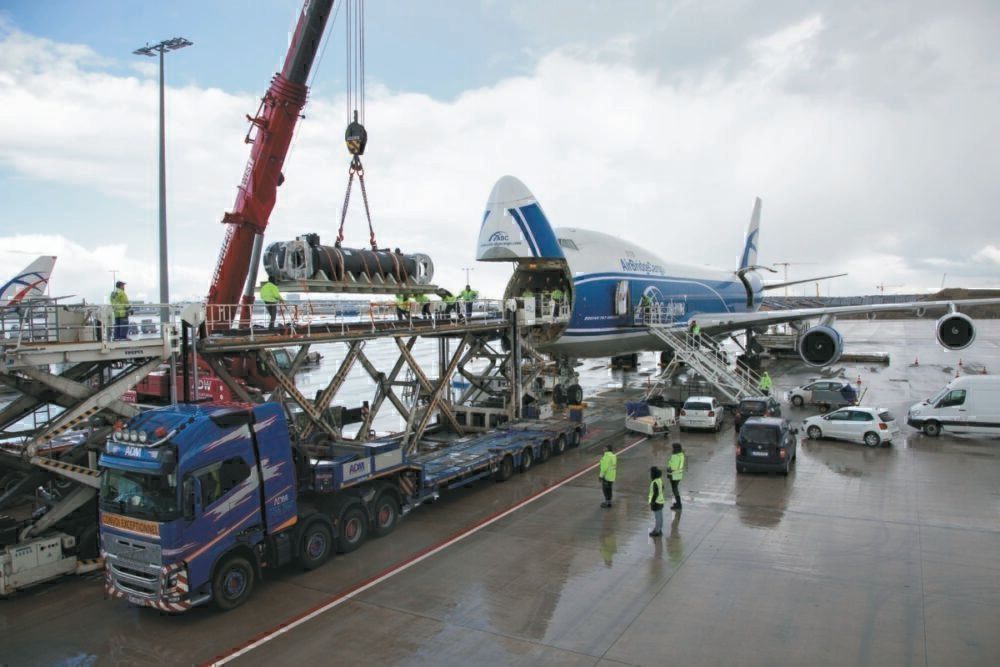It's no secret that the COVID-19 crisis has decimated the global Boeing 747 fleet. For many airlines, the retirement of the Queen of the Skies had already been earmarked for environmental reasons. However, the lack of need for large capacity airliners during the pandemic seems to have been their final downfall.
Long before the current COVID-19 pandemic, the aviation industry as a whole was already placing a large focus on sustainability. Airlines such as British Airways and Air France had already planned to retire their large four-engined gas-guzzling aircraft. As such, they've been first on the list for disposal due to the COVID-19 crisis.
35 passenger Boeing 747s still flying
The Boeing 747 has been hitting the news a lot recently, especially this week. Today, British Airways bid farewell to the type as it departed from London Heathrow Airport for the final time. Travel and aviation analytic expert Cirium carried out an analysis of the remaining global 747 fleet.
Stay informed: Sign up for our daily aviation news digest.
According to Cirium's analysis, there are 492 Boeing 747s in service, stored, or on order with airlines worldwide. 157 of these are passenger aircraft. 35 are in use, while 122 are in storage. Of these 35, 21 are passenger versions of the Boeing 747-400. Lufthansa is one of the only airlines operating a significant number of 747 aircraft for passenger flights.
The proportions are almost reversed when it comes to cargo 747s. 335 of these aircraft are active, in storage, or on order. Staggeringly, only 23 are in storage, while 14 are undelivered. That leaves 298 that are in service. There is a massive demand for these large freighters, given the lack of capacity generated by the grounding of many cargo aircraft.
The future of the Boeing 747
While the data shows that passenger airlines are retiring their 747s at an alarming rate, they won't disappear from the skies any time soon. For starters, Lufthansa has said that it won't retire its fleet of 747s early due to COVID-19. After all, the airlines 747-8 fleet has an average age of just seven years old.
Additionally, freight Boeing 747s will likely remain in the skies for many years to come. Due to their large cargo space, they are wildly popular with cargo airlines. While Boeing has said that 747 production will end, we previously mentioned that 14 747s are still to be delivered.
With a long service life ahead of them, they won't disappear any time soon, especially as brand new aircraft. While it hasn't happened with British Airways' fleet of 747 aircraft yet, there is also the possibility that some jumbo jets could be picked up by cargo airlines for conversion into passenger to freighter conversions. If the pandemic has shown anything, nothing will stop the need to fly cargo around the world.
When did you last fly on a Boeing 747? Let us know your thoughts in the comments!



